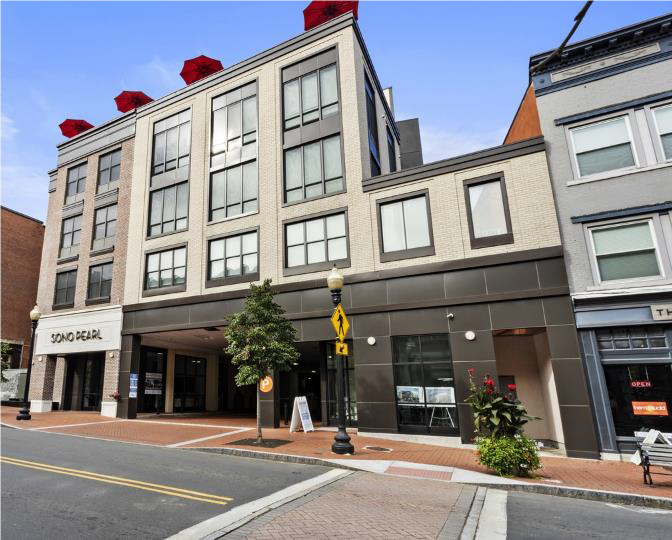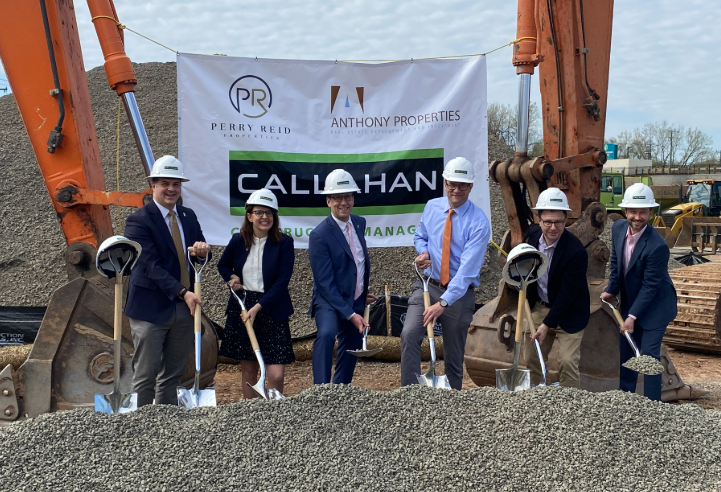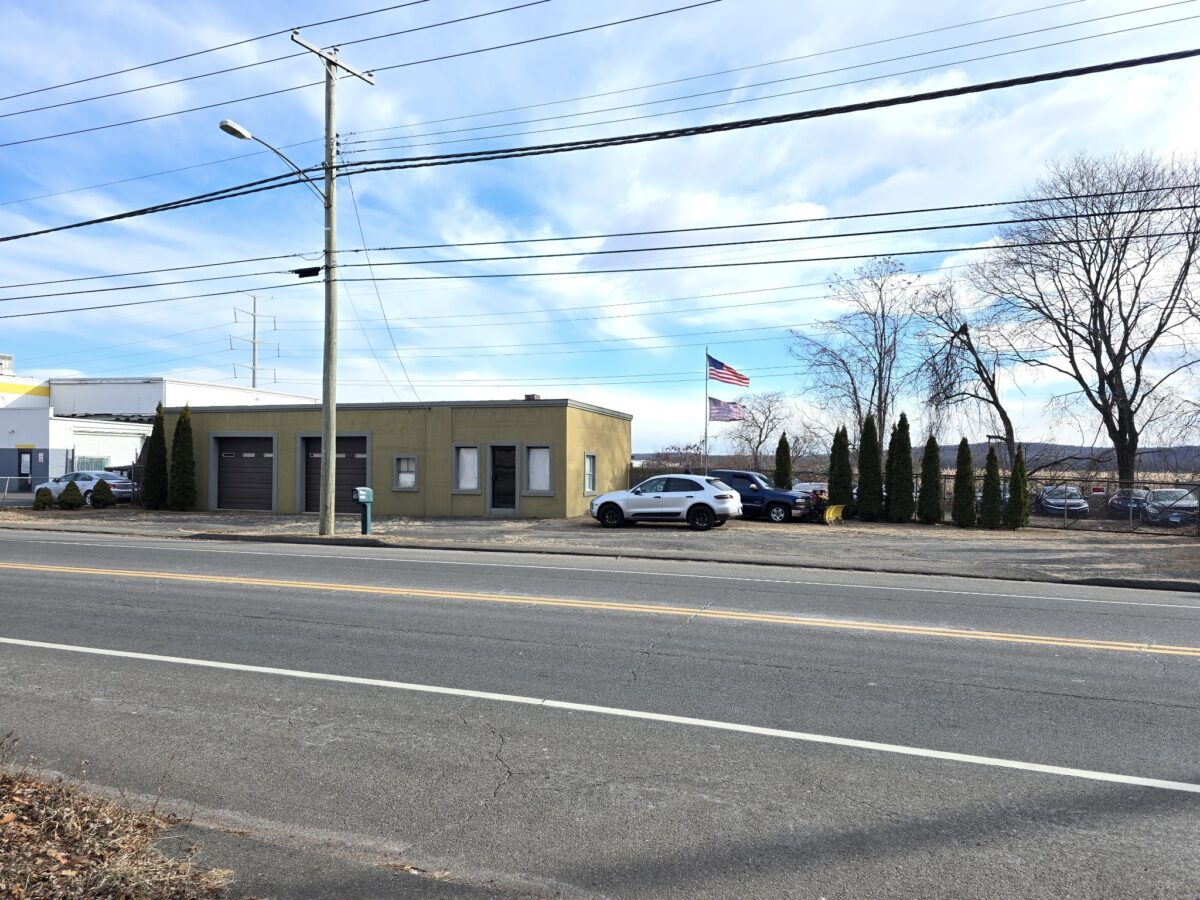News: Connecticut
Posted: October 15, 2008
Despite global capital liquidity crisis, investors still focus in New Haven apartment assets
With the volatility and lack of confidence in the stock market and global financial markets, opportunistic investors remain interested in putting money in hard assets such as real estate, especially multi-family properties. The economic downturn and single-family housing market fallout has translated into increased renter demand, which has also sparked investor demand. The current economic climate and positive demographic trends makes it a good time for apartment investors to secure multifamily investment opportunities in New Haven County.
In the long term, economic conditions are expected to improve, especially given the Fed's half-point interest rate cut and the recent government bailout of the GSEs (government sponsored enterprises), Fannie Mae and Freddie Mac, the two largest mortgage providers in the United States. This should act to stimulate the local economy, and in turn, spur investment activity moving into 2009 and even further out into 2010.
In the short term, further economic weakness will be reflected in higher apartment vacancies. However, limited construction during the past cycle should keep vacancy rates below prior-peak levels, assuming the recession is not significantly deeper or longer than expected. Longer term, the drop-off in construction activity and an economic recovery should keep multifamily property supply and demand relatively well balanced.
In New Haven, limited deliveries of new multifamily units should keep overall vacancy rates relatively stable through year-end 2008. In the first quarter of 2008, apartment completions totaled 294, and no new units were delivered in the second quarter in New Haven. In the second half of 2008, however, apartment completions are expected to increase to 900, not including condominiums, townhouses and seniors housing completions.
In the second quarter of 2008, the New Haven vacancy rate declined 0.3% from last quarter to 3.8%; however, vacancy is forecast to tick up to 4.7% by year-end 2008. The suburban submarket is seeing the biggest improvements in vacancies from second-quarter 2007 to second-quarter 2008, with a decrease from 5.2% to 3.6%. Class A apartment vacancy rates increased from 3.3% to 4.2% in the second quarter, while Class B/C apartment vacancy rates increased slightly from 4% to 4.3% in the second quarter.
The credit crunch and expanding buyer/seller expectations gap are hindering transaction velocity and will further pressure prices in the short term. Although the Fed has expanded its lending facilities, allowing institutions to use a broader range of collateral when borrowing from the central bank, many banks remain hesitant to lend and are maintaining capital to shore up balance sheets. As a result, the financing climate is expected to remain tight, limiting the availability of capital for commercial property transactions.
Sales velocity and investor interest in New Haven County apartment assets remains solid, judging by recent sales closed by Marcus & Millichap. In the second quarter of 2008, 616 units were traded for $56.49 million in New Haven County at a price of approximately $90,000 per unit. In 2007, 1,417 multifamily units were traded for $115.7 million, compared to 1,404 units traded for $84.7 million in 2006.
The current environment is marked by a flight to safety, constrained capital and economic weakness, which combined, are putting pressure on commercial real estate values. Lenders are increasing equity requirements as concerns regarding defaults and declining property values intensify, adding further pressure to the commercial real estate market. However, when setting price expectations in today's market, investors would be well served to consider the difference between true "distressed" assets, such as those being disposed of by struggling financial institutions, and Main Street assets that continue to generate relatively healthy cash flows.
Tighter lending standards will prevail during the foreseeable future, and spreads are expected to remain volatile through the next several quarters. After the Lehman and Merrill Lynch announcements, portfolio lender spreads for apartment properties increased 30 to 40 basis points. At press time, they were ranging from 275 to 300 basis points over the 10-year Treasury. Apartments are a bright spot in Fannie Mae and Freddie Mac's portfolios, and the agencies continue to lend on quality deals. Agency fixed-rate spreads have also risen since the Lehman and Merrill Lynch announcements to 275 to 300 basis points over the 10-year Treasury.
Despite the current credit freeze, New Haven County remains one of the healthiest multifamily markets in the state.
Steve Witten is a vice president, investments and senior director of Marcus & Millichap Real Estate Investment Services' National Multi Housing Group in the New Haven office.
Tags:
Connecticut
MORE FROM Connecticut
Highcap Group brokers $41.1 million sale of two building multifamily portfolio
Norwalk, CT Highcap Group has completed the sale of two luxury multifamily properties with a total of 120 units for a combined purchase price of $41.4 million.







.png)
